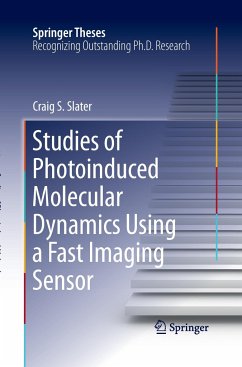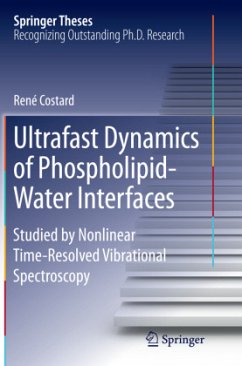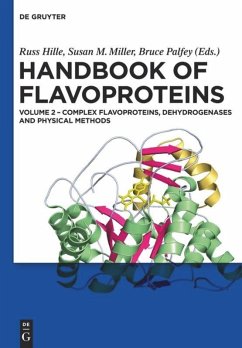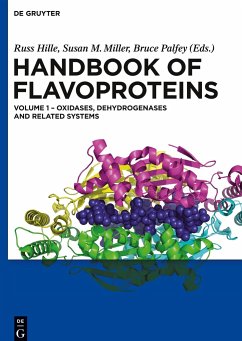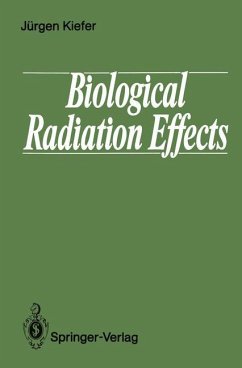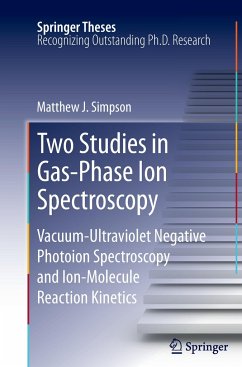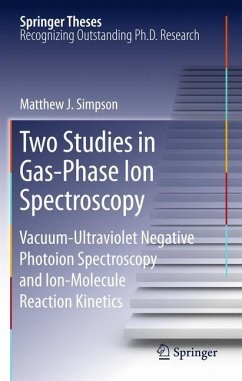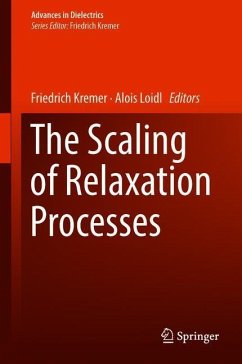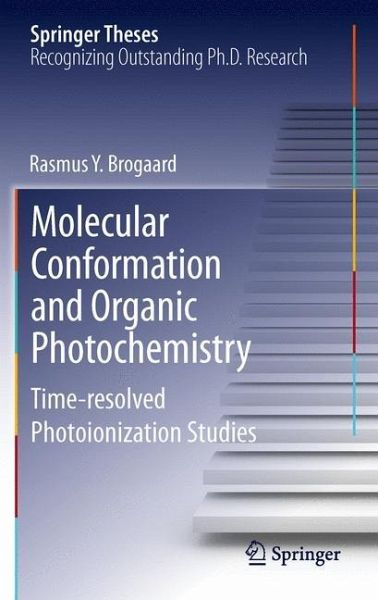
Molecular Conformation and Organic Photochemistry
Time-resolved Photoionization Studies
Versandkostenfrei!
Versandfertig in 6-10 Tagen
76,99 €
inkl. MwSt.
Weitere Ausgaben:

PAYBACK Punkte
38 °P sammeln!
Rasmus Brogaard's thesis digs into the fundamental issue of how the shape of a molecules relates to its photochemical reactivity. This relation is drastically different from that of ground-state chemistry, since lifetimes of excited states are often comparable to or even shorter than the time scales of conformational changes. Combining theoretical and experimental efforts in femto-second time-resolved photoionization Rasmus Brogaard finds that a requirement for an efficient photochemical reaction is the prearrangement of the constituents in a reactive conformation. Furhtermore, he is able to s...
Rasmus Brogaard's thesis digs into the fundamental issue of how the shape of a molecules relates to its photochemical reactivity. This relation is drastically different from that of ground-state chemistry, since lifetimes of excited states are often comparable to or even shorter than the time scales of conformational changes. Combining theoretical and experimental efforts in femto-second time-resolved photoionization Rasmus Brogaard finds that a requirement for an efficient photochemical reaction is the prearrangement of the constituents in a reactive conformation.
Furhtermore, he is able to show that by exploiting a strong ionic interaction between two chromophores, a coherent molecular motion can be induced and probed in real-time. This way of using bichromophoric interactions provides a promising strategy for future research on conformational dynamics.
Furhtermore, he is able to show that by exploiting a strong ionic interaction between two chromophores, a coherent molecular motion can be induced and probed in real-time. This way of using bichromophoric interactions provides a promising strategy for future research on conformational dynamics.





